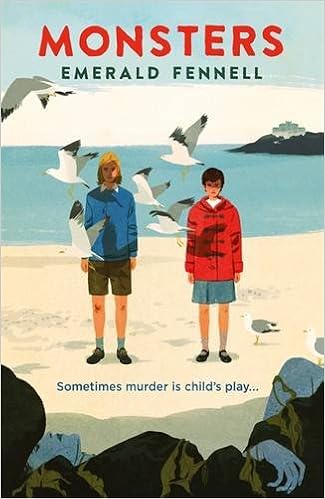I bought Frances Hardinge’s Cuckoo Song over a year ago, where it’s been on my Kindle in my long list of unread books ever since. A couple of weeks ago, it was named Best Fantasy Novel at the British Fantasy awards (a first for a young adult novel) and this reminded me that I really should get round to reading it.
Set in the 1920s, it begins with Triss, the 11-year-old daughter of well-off, upper-middle-class family, awaking in bed after an accident in which she apparently fell into the Grimmer, a mysterious pond, and emerged concussed and feverish. Triss can’t remember anything about the accident, and although she seems to be recovering physically, she’s troubled by a number of things. Her feisty little sister Pen refuses to speak to her. She’s unnaturally, insatiably hungry. And most chillingly of all, her favourite doll has started to talk – and it’s terrified of her.
What happened to Triss during her accident? Is she going mad? Or is there something even more strange going on?
Cuckoo Song soon develops into a gripping, often eerie fantasy adventure that draws heavily on British folklore – the notion that someone can literally be ‘away with the fairies’, for instance – but manages to weave magic seamlessly into the burgeoning modernity of the Jazz Age. Early cinema, trams and Art Deco architecture all become enchantingly involved in the fantasy elements of the story, and the Great War still casts a ghostly shadow.
The book is full of vivid and memorable characters. Some are immensely loveable, some considerably less so and some are outright terrifying, but each and every one of them is wholly convincing when it comes to their motives and flaws, right down to the most villainous among them.
This is a beautifully atmospheric novel – I can’t remember the last time I read a book that conjured up such a vivid picture of its characters and setting – but the plot is never compromised by the evocative prose and there’s no shortage of pace and adventure. Cuckoo Song reminds me of the very best books of my childhood without ever feeling derivative. This one is an absolute winner with me.
